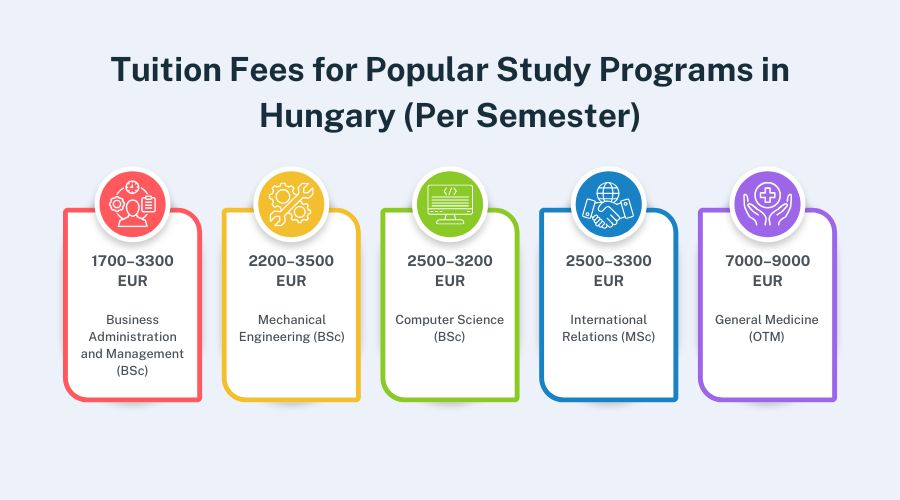Valencia College is a highly respected public college in Orlando, Florida, known for its quality education, affordable tuition, and strong transfer pathways to top universities. As a key partner of the University of Central Florida (UCF) through the DirectConnect program, Valencia offers students a smooth transition to a bachelor’s degree after completing their associate studies. The college is recognized for its diverse student body, welcoming international students from over 100 countries, and providing career-focused programs that prepare graduates for the global job market.
College Overview
Location: Orlando, Florida, USA
Established: 1967
Student Population: 71,000+ (credit and continuing education students)
International Students: 1,500+ from 100+ countries
Language of Instruction: English
Affiliation: Southern Association of Colleges and Schools Commission on Colleges (SACSCOC)
Global Ranking: Not ranked in QS/THE (as a community/state college) but nationally recognized as a top community college in the USA, recipient of the Aspen Prize for Community College Excellence (2011).
Focus Areas: Arts, Business, Engineering, Technology, Health Sciences, Hospitality, Public Safety, Education
Faculties & Schools
Valencia College offers programs through multiple campuses and academic divisions:
-
School of Arts and Entertainment
-
School of Business
-
School of Engineering, Manufacturing, and Technology
-
School of Health Sciences
-
School of Hospitality and Culinary Arts
-
School of Public Safety
-
School of Social Sciences
-
School of Education
-
School of Information Technology
Intakes
-
Fall Intake: August
-
Spring Intake: January
-
Summer Intake: May
📌 Many programs have rolling admissions, but early application is recommended for international students to allow visa processing time.
Admission Requirements
| Program Level | Academic Requirements | IELTS | TOEFL iBT | Duolingo |
|---|---|---|---|---|
| Associate Degree | High school diploma or equivalent | 5.5+ | 45+ | 75+ |
| English Language Program | Open to students without test scores | Not required | Not required | Not required |
Other Requirements:
-
Completed online application form
-
Official high school transcripts (translated to English if applicable)
-
Proof of English proficiency (unless exempt)
-
Copy of passport
-
Proof of financial support (~USD $22,000 for one academic year)
-
Application fee: USD $35
Top Programs at Valencia College
Associate Degree Programs (AA & AS):
-
Associate in Arts (University Transfer Pathway)
-
Business Administration (AS)
-
Hospitality & Tourism Management (AS)
-
Film Production Technology (AS)
-
Computer Programming & Analysis (AS)
-
Engineering Technology (AS)
-
Nursing (AS Degree)
Certificate Programs:
-
Culinary Arts Management
-
Criminal Justice Technology
-
Digital Media Technology
-
Medical Office Administration
Tuition Fees
| Program Level | Estimated Tuition (USD/year) |
|---|---|
| Associate Degree (AA/AS) | $9,383 |
| Certificate Programs | $9,000 – $9,500 |
| English Language Program | $8,800 |
(Living expenses, books, and supplies cost an additional ~$12,000/year.)
Scholarships & Financial Aid
🎓 Valencia College Scholarships
-
Global Achievers Award (USD $500–$2,500 per term)
-
In-program merit awards for continuing students
🎓 External Scholarships
-
Fulbright Program (for eligible countries)
-
U.S. private scholarships for international students
Why Choose Valencia College?
✅ Affordable tuition compared to universities
✅ Guaranteed transfer pathways to University of Central Florida (UCF) and other state universities
✅ Located in Orlando – a global tourism hub with strong job opportunities
✅ Small class sizes and personalized learning support
✅ Award-winning faculty and facilities
✅ Strong academic advising and career counseling for international students
Work Opportunities for Students
-
On-Campus Work: Up to 20 hours/week during semesters
-
Off-Campus Work: Available under Curricular Practical Training (CPT) or Optional Practical Training (OPT) after program completion
-
Internships: Many AS programs include practical internships in the Orlando business, tourism, and tech sectors
Conclusion
Valencia College is an excellent choice for international students seeking affordable, high-quality education in the USA with strong pathways to top universities. Its location in Orlando provides vibrant cultural experiences, work opportunities, and a welcoming community for students from around the world.









